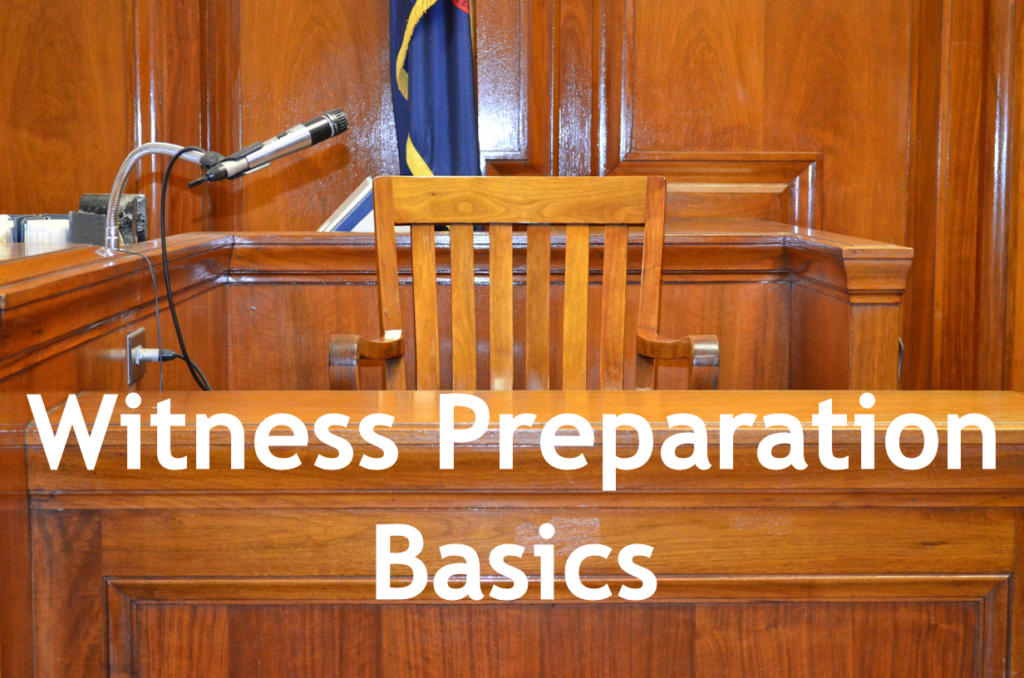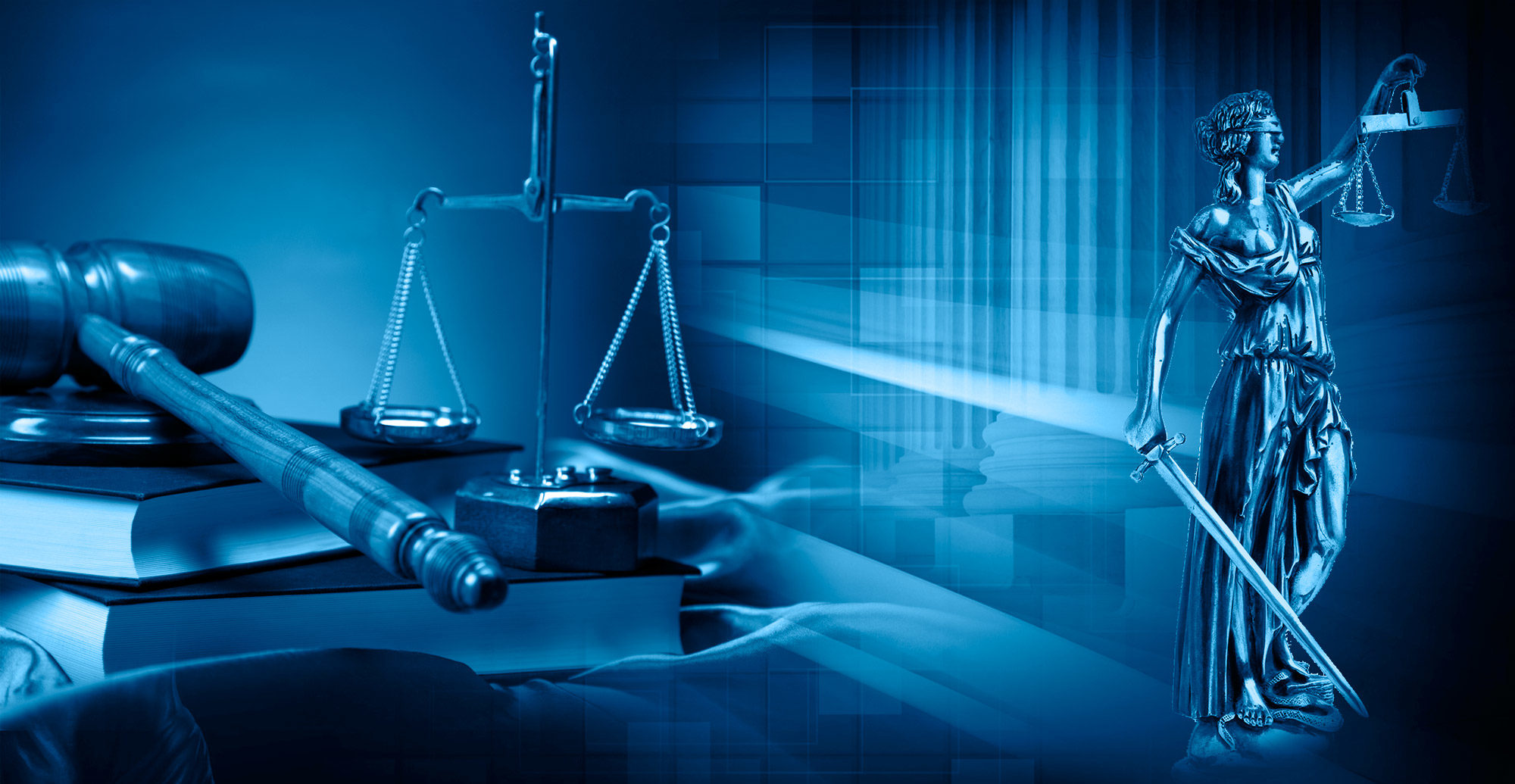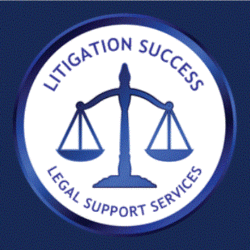
One of the services we offer at Litigation Success is witness preparation. Before your witness offers testimony at deposition or trial, they must be thoroughly prepared.
Attorneys spend so much time drafting beautiful pleadings and conducting extensive research that sometimes witness preparation doesn’t receive the important attention it deserves. It is your duty to properly educate and prepare your witnesses.
The Basics
It is the attorney’s responsibility to teach the witness the basics of providing effective testimony.
Your clients should know:
- What to expect
- How to behave
- Proper procedures
- How to respond
- What their goals are with their testimony
Surprises Are Not Good During Depositions or at Trial
One of the worst scenarios during a deposition or trial occurs when a witness pulls the rug out from under you by saying something you weren’t expecting. Once spoken, it cannot be taken back. This should never happen and won’t happen if your witnesses are properly coached.
While you don’t want your witnesses to sound rehearsed to the point of being scripted, you do want them to sound informed and prepared. If your witness shocks you while giving testimony, you have no one but yourself to blame. You cannot anticipate every question from the opposition, but you should know what your witnesses are going to say in response to all of the critical areas of your case.
Don’t Assume Anything
A lot of attorneys make the mistake of thinking they don’t need to spend a lot of time coaching their witnesses because the witnesses will have enough sense to say and do the right thing. This is a risky mistake that can have devastating consequences.
Don’t assume that:
- People have common sense.
- People are smart.
- People know that trials and depositions in real life are different than what they’ve seen in movies and TV.
- People know how to act, dress or speak when providing testimony.
Teach Your Clients to Employ LUFBA Before Every Question
- L -LISTEN – Carefully listen to the question.
- U – UNDERSTAND – Decide whether or not you fully understand the question. If you understand the question, then formulate your answer. If you don’t, then say you don’t understand and ask for clarification.
- F – FORMULATE – Formulate the complete answer in your head before you speak. Take your time formulating your response.
- B – BREATHE – Take a slow deep breath.
- A – ANSWER – Calmly answer the question.
Once your client thinks about LUFBA before answering each question they will develop a rhythm and habit that will make them take their time and think before responding. In the long run this will prove extremely beneficial.
Tough Love
Some witnesses only need a little bit of work and some witnesses will be a train wreck when testifying. For some witnesses even “tough love” won’t be enough. You have to be willing to be brutally honest with witnesses. It is better to hurt their feelings than let them hang themselves when testifying.
If the witness is someone the attorney knows, such as a longstanding client, friend or expert witness, it can be especially difficult for the attorney to properly prepare the witness. It may be uncomfortable to provide the critique that may be required. This is another example of where engaging a third-party consultant, such as Litigation Success can prove especially beneficial.
The 25 Rules for Witnesses
Once your witnesses understand the basics, your witnesses need to be taught the 25 Rules for Witnesses. (Please see additional post.) Litigation Success will be happy to help you and your clients learn these invaluable skills.

